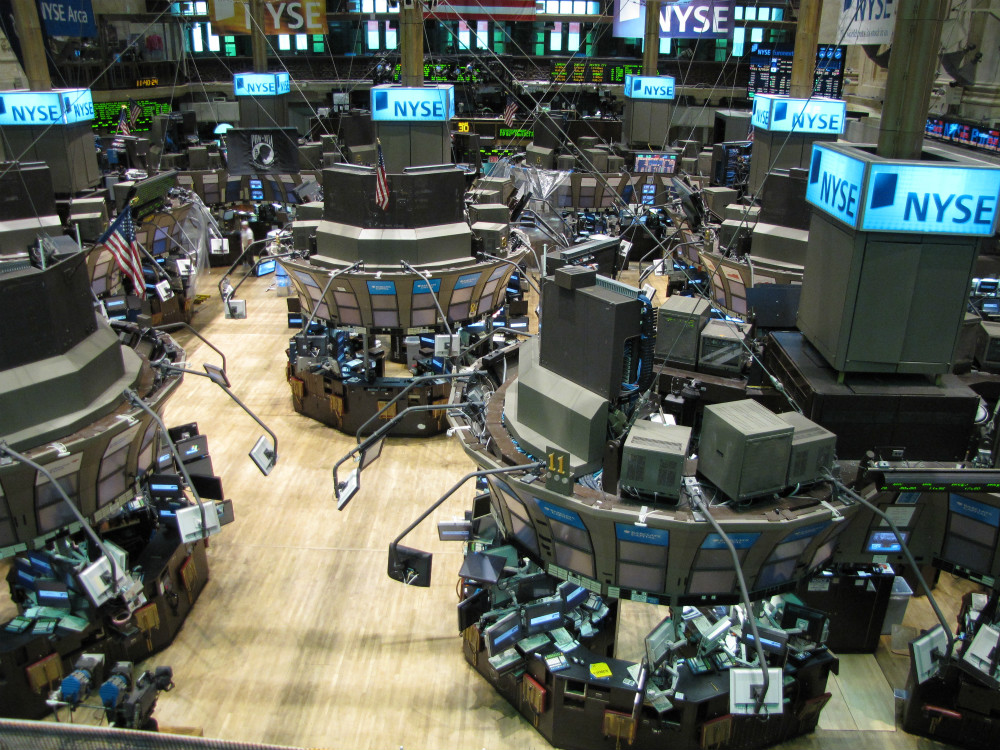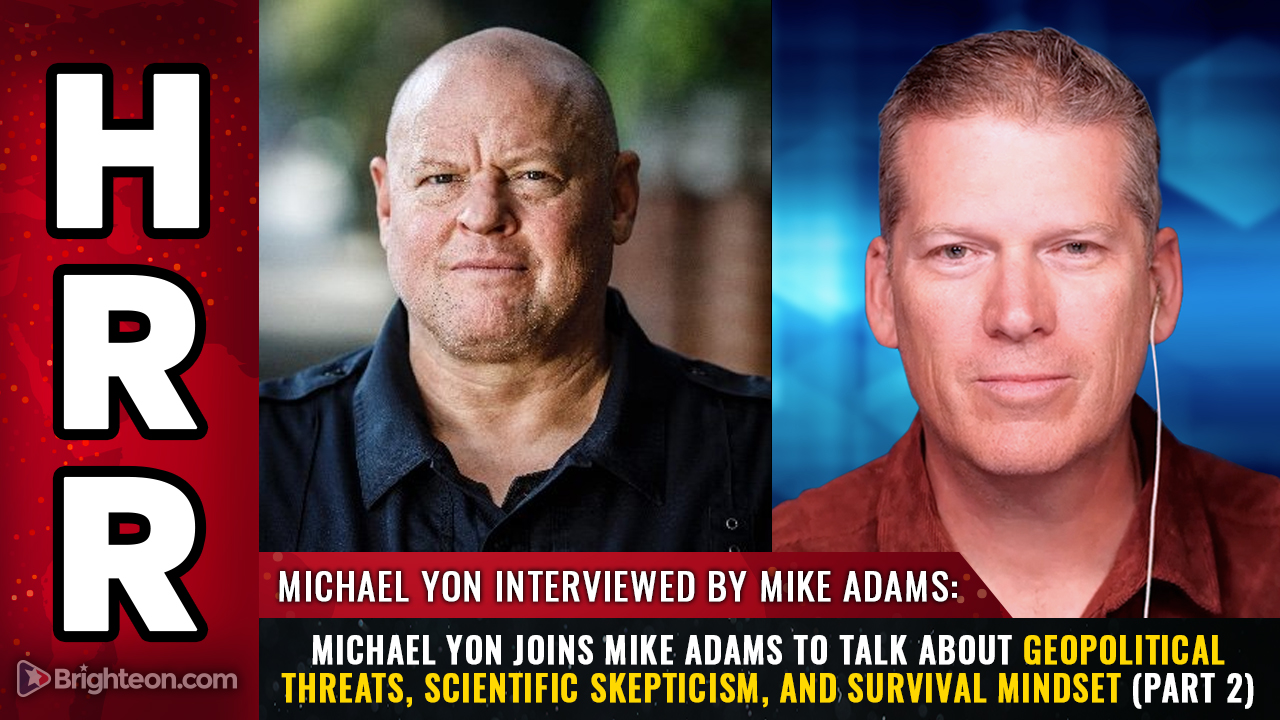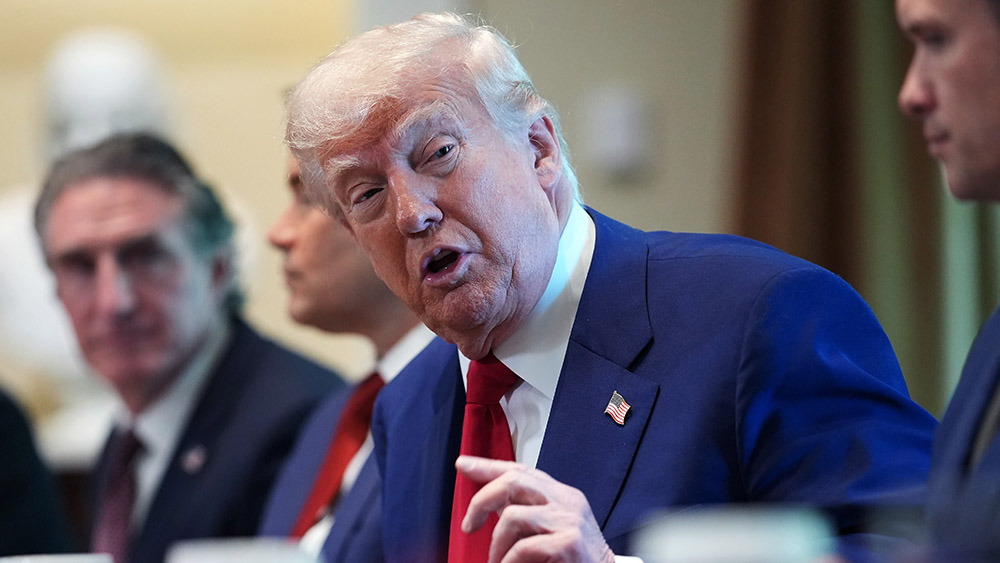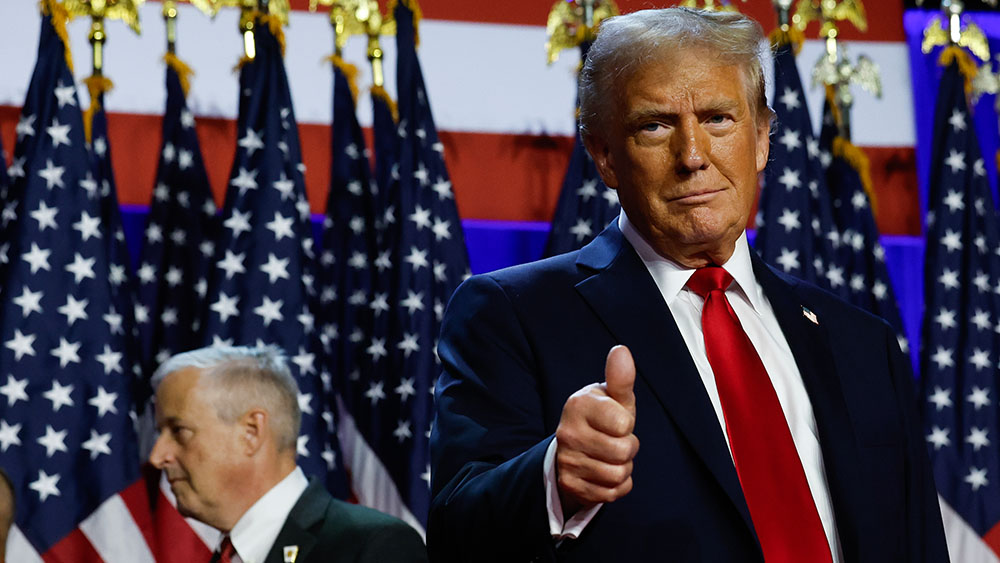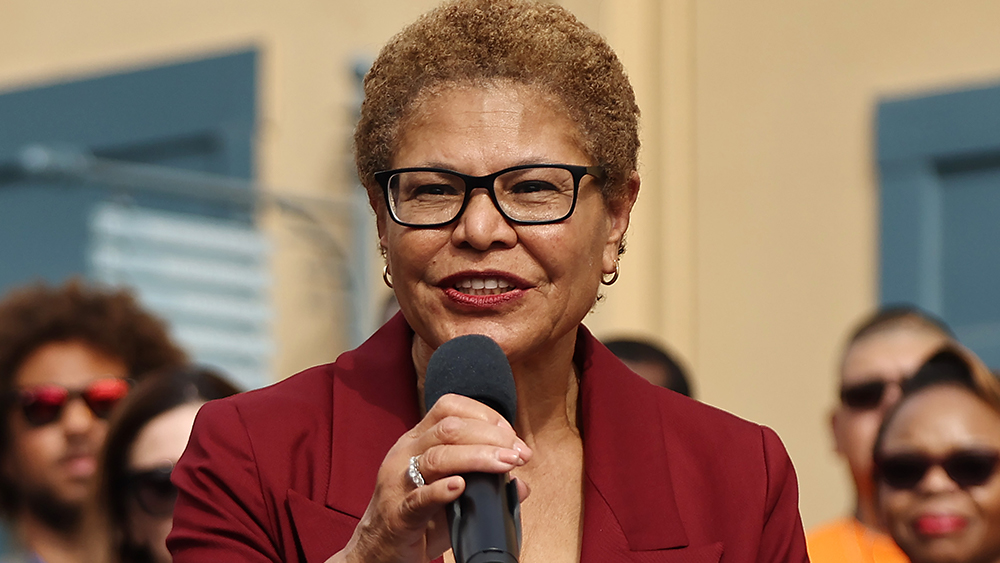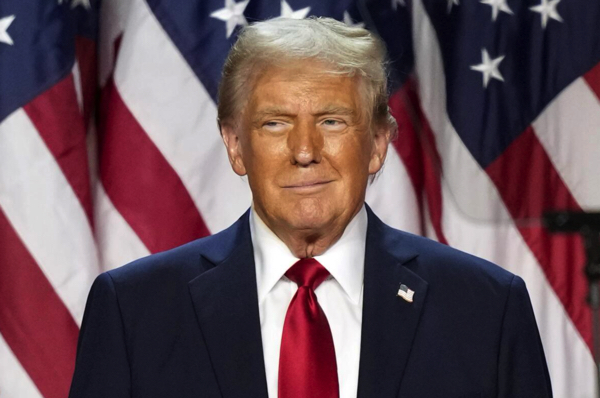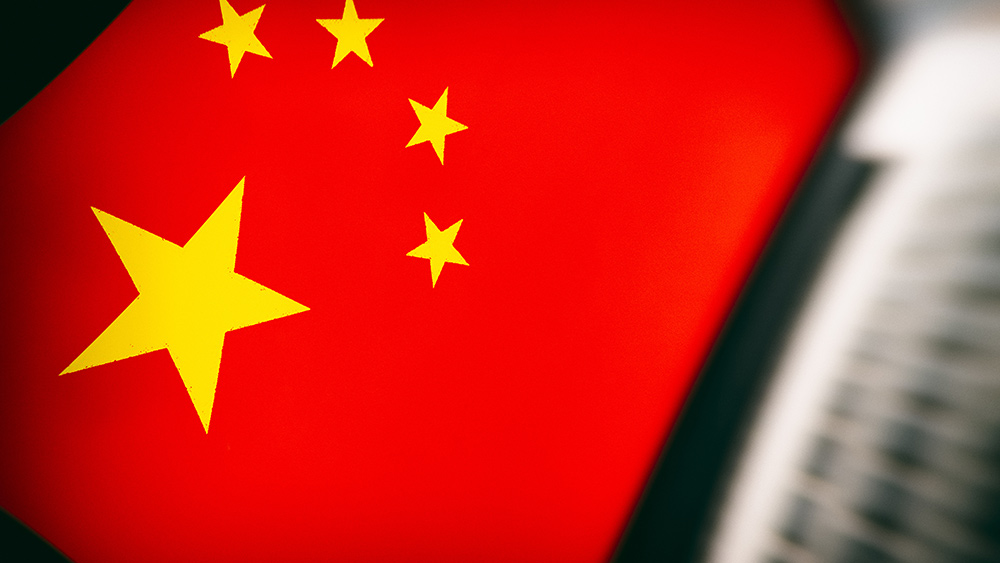Trade truce in danger as Trump accuses China of violating deal, talks hit roadblock
05/30/2025 / By Cassie B.

- U.S.-China trade talks have stalled, requiring direct intervention from Presidents Trump and Xi to break the deadlock.
- A temporary tariff truce is collapsing as Trump accuses China of violating the deal, risking a renewed trade war.
- Treasury Secretary Bessent warned negotiations are stalled but expressed confidence in a resolution if both leaders engage.
- Courts are clashing over Trump’s tariff authority, creating legal uncertainty amid escalating trade tensions.
- China condemns U.S. tariffs as hegemonic, while Trump defends them as leverage, signaling a hardening stance on trade.
The high-stakes trade negotiations between the U.S. and China have ground to a halt, Treasury Secretary Scott Bessent revealed this week, warning that only direct intervention from Presidents Donald Trump and Xi Jinping can break the deadlock. The impasse comes just weeks just weeks after both nations agreed to a temporary truce, slashing retaliatory tariffs in a bid to ease economic tensions. But with Trump now accusing Beijing of violating the deal and courts battling over the legality of his trade policies, the fragile détente threatens to collapse, potentially reigniting a full-scale trade war.
Talks hit a wall as tensions flare
Speaking to Fox News on Thursday, Bessent confirmed negotiations had “stalled” despite earlier optimism. “I would say that they are a bit stalled,” he told Bret Baier, adding that upcoming discussions — and possibly a Trump-Xi phone call — could revive progress. “I think that given the magnitude of the talks, given the complexity, that this is going to require both leaders to weigh in with each other,” Bessent said. He added that the parties have a “very good relationship” and expressed confidence that the Chinese will come to the negotiating table.
The remarks followed a May 12 agreement to suspend most tariffs for 90 days, with the U.S. reducing duties on Chinese goods from 145% to 30% and China cutting its retaliatory levies from 125 10 10%. Yet by Friday, Trump erupted on social media, declaring China had “TOTALLY VIOLATED ITS AGREEMENT WITH US” and vowing to abandon his “Mr. NICE GUY” approach. U.S. Trade Representative Jamieson Greer echoed the accusation, calling China’s delayed compliance “completely unacceptable.”
Courts clash over tariff authority
The diplomatic standoff unfolded alongside a legal firestorm over Trump’s tariff powers. On Wednesday, the U.S. Court of International Trade ruled the president had overstepped his authority by imposing duties under emergency provisions, only for an appeals court to swiftly freeze the decision. Bessent lambasted judicial interference as “highly inappropriate,” arguing Congress had declined to block Trump’s policies. “The president absolutely has the right to set the trade agenda for the U.S.,” he said. “Anything that the courts do to get in the way harms the American people.”
China, meanwhile, condemned the tariffs as a tool of “hegemonic ambitions.” Trump, however, doubled down, crediting his tariffs with forcing China to the bargaining table. “The very high Tariffs I set made it virtually impossible for China to TRADE into the United States marketplace which is, by far, number one in the World,” he wrote, adding, “We went, in effect, COLD TURKEY with China, and it was devastating for them.”
The stalled talks present a critical test for Trump’s “America First” agenda. Analysts suggest the legal uncertainty may embolden trading partners to delay concessions, while market volatility underscores the risks of escalation. The White House has already tightened export controls on jet engine parts and semiconductors, signaling a hardening stance.
Bessent’s appeal for a Trump-Xi summit reflects the high-wire act of balancing economic leverage with diplomatic pragmatism. As he noted, the leaders’ rapport could prove decisive, but with trust eroding and deadlines ticking, the window for compromise is narrowing.
Sources for this article include:
Submit a correction >>
Tagged Under:
big government, bubble, China, conspiracy, deception, market crash, money supply, politics, risk, supply chain, tariffs, trade, trade talks, trade war, Trump, White House, Xi Jinping
This article may contain statements that reflect the opinion of the author
RECENT NEWS & ARTICLES
SupplyChainWarning.com is a fact-based public education website published by SupplyChainWarning.com Features, LLC.
All content copyright © 2021 by SupplyChainWarning.com Features, LLC.
Contact Us with Tips or Corrections
All trademarks, registered trademarks and servicemarks mentioned on this site are the property of their respective owners.




